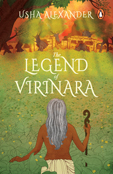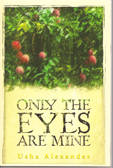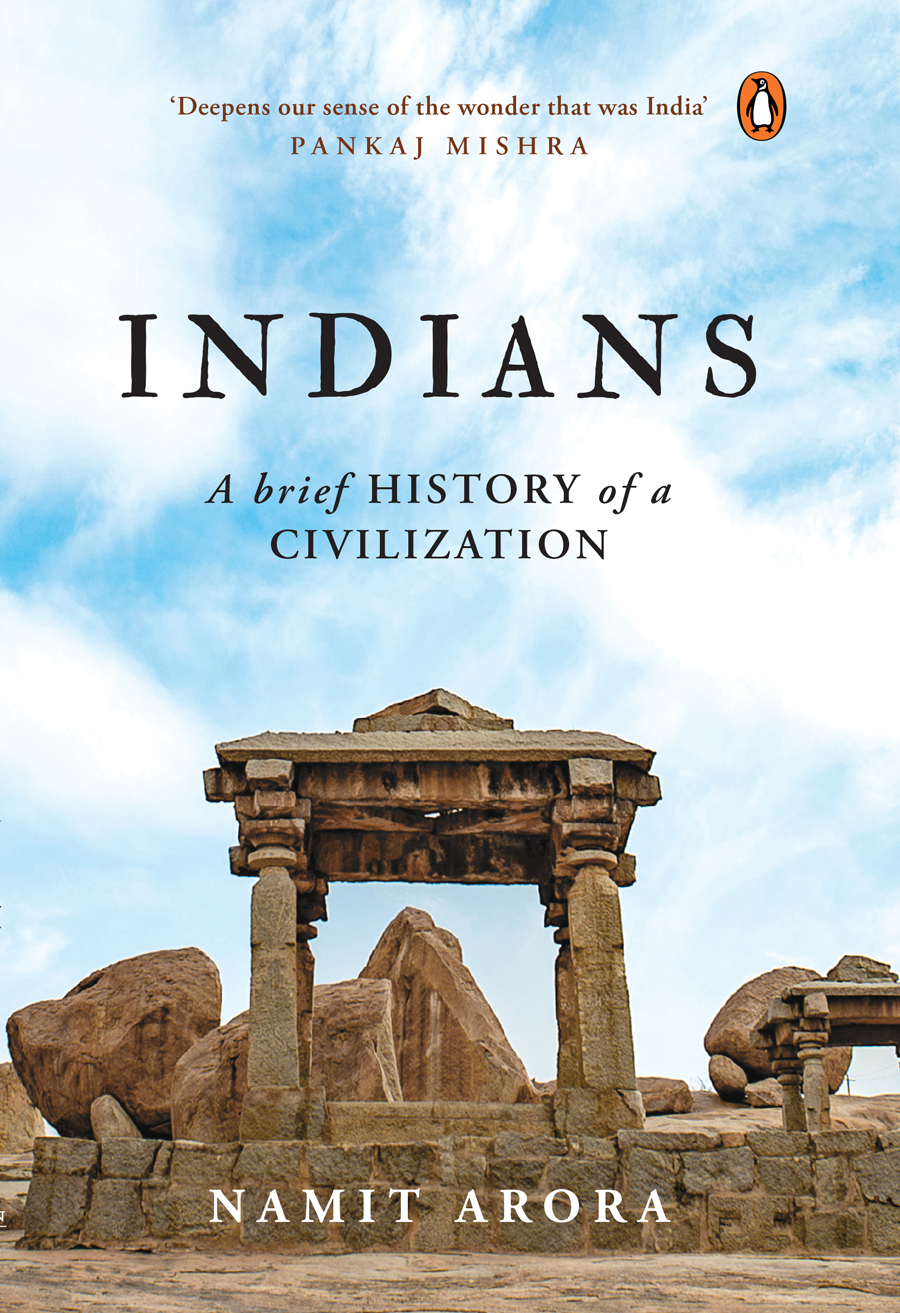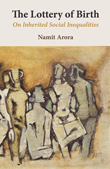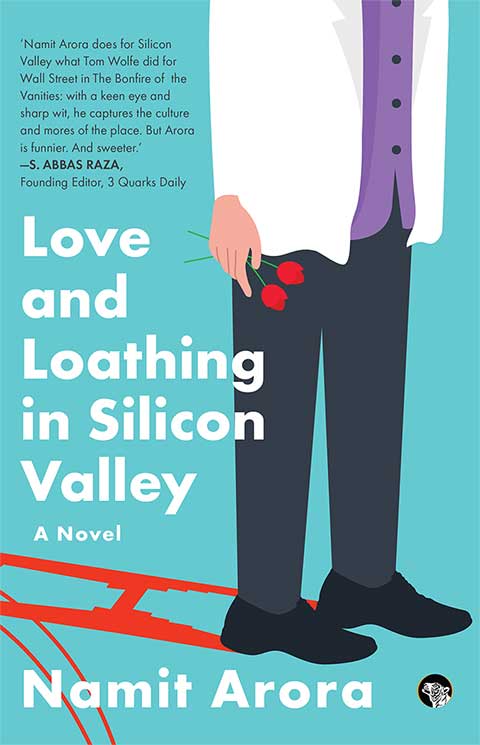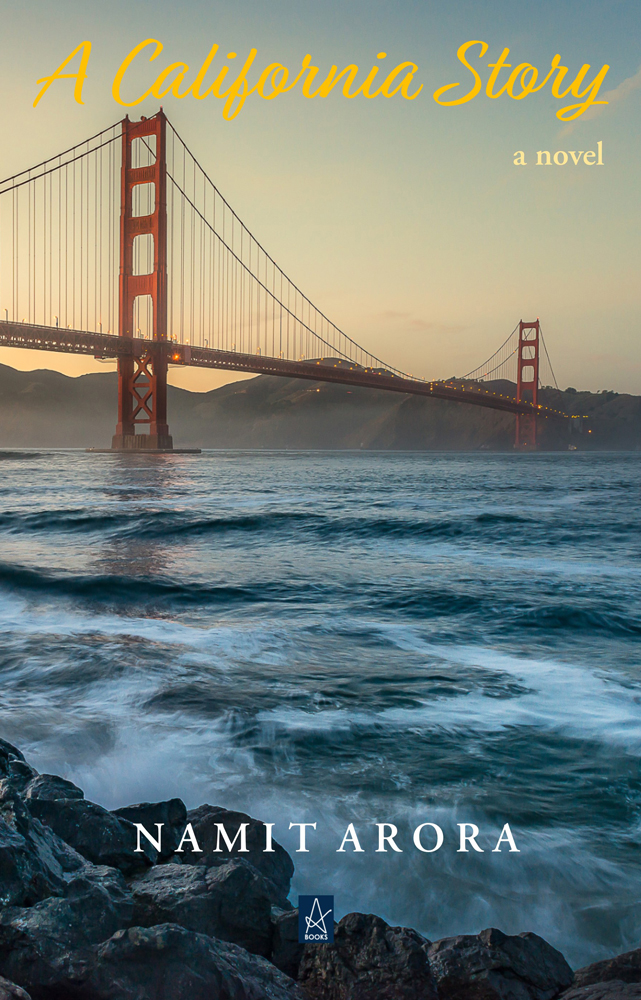| Index of articles from the Blog |
| Animals |
| Anthropology & Archaeology |
| Art & Cinema |
| Biography |
| Books & Authors |
| Culture |
| Economics |
| Environment |
| Fiction & Poetry |
| History |
| Humor |
| Justice |
| Philosophy |
| Photography |
| Politics |
| Religion |
| Science |
| Travel |
Books by
Books by
|
By Usha Alexander | Jan 2010 | Comments
I look for the same strengths and value in science fiction as I do in any other kind of film. But I don't care for macho, action-adventure films; I absolutely avoid them. Avatar is an action-adventure science fiction film. But it's not macho. Which is not to say it doesn't include some macho characters. I hope the difference is obvious. James Cameron has long been recognized as the rare writer-director whose blockbuster vision allows as much value and presence to his female characters as to his male characters. Whatever the general merits of his previous films, The Terminator, Rambo II: First Blood, The Abyss, and The Titanic, one thing they can't reasonably be accused of is celebrating the masculine at the expense of the feminine. It's not only that his strong, brave, intelligent, and resourceful lead characters, Sara Connor (Linda Hamilton, The Terminator 1984) and Lindsey Brigman (Mary Elizabeth Mastrantonio, The Abyss 1989), are two among the spare handful of feminine hero(in)es one finds at all in science fiction films. It's not just that his male characters are full enough to encompass the feminine, as when he shows us Rambo (Sylvester Stallone, Rambo II 1985) crying, even succumbing to the wilderness of his grief, driven by his heart as much as his head, or as when he casts the romantic hero of The Titanic (Leonardo DiCaprio, 1997) as a man who runs from a fight, preferring to sketch pictures, instead. Cameron not only doesn't flinch from femininity or see it as weakness in opposition to masculinity, he seems hardly to notice the divide, and that's what allows his characterizations to feel natural and authentic. Avatar is, in many ways, a larger film than any of his others. Probably his magnum opus. Outlandishly expensive to make, visually almost revolutionary, and politically loaded, Cameron took every risk with this film. Cameron is notorious for his brash ego. But it's possible no humbler person might have dared this production and this story. And what did he give us, after all? A heroic fantasy of White Guilt. The story of Pocahontas, re-imagined. § The story of Pocahontas is rooted in historical events, though few details are actually known. It is generally known that Pocahontas was one name of a daughter of Powhatan, the primary chief of a confederacy of Algonquin-speaking tribes in what is today Virginia, in the southeastern United States. She met the Englishman John Smith in 1607, when she was probably between 10 and 13 years old, while Smith was helping to establish Jamestown, the first successful English colony in North America. Smith later recounted to Queen Elizabeth that Pocahontas had intervened to save his life when her father's people captured and tried to kill him. Pocahontas befriended the colonists in Jamestown, and even saw to it that they were provisioned with food when they were starving, earning herself great respect among them. In 1609, Smith returned to England. In 1613, Pocahontas was taken captive by the English, who hoped to exchange her for weapons which her father had stolen from them. Her father ultimately did not make the ransom. Pocahontas rebuked her father for abandoning her, married an English tobacco farmer, becoming Rebecca Rolfe, and went with him to England in 1616. She died of illness on a boat the following year, when returning to the colonies. She was survived by her son, Thomas Rolfe. There's neither evidence that Pocahontas ever saw Smith again after he'd left the Jamestown colony, nor that they ever had any kind of sexual relationship, though Smith did express to the Queen a degree of respect and affection toward her. Meanwhile, the toehold that colonial powers had gained in Jamestown grew and strengthened. By the mid-1600's, Powhatan's people were largely destroyed by European diseases and warfare. And the rest, as they say, is history. But this isn't the story of Pocahontas that's widely known and repeated. Her story has transcended those reasonably verifiable tidbits and entered the cannon of American mythology. In the myth of Pocahontas, she's not a child but a free-spirited, young woman. She not only saves John Smith's life but beguiles him with her beauty, her uncultivated otherness. With her, John Smith, a scoundrel among his shipmates, is awakened to a transformative fascination with the New World in which he has landed. He becomes a leader of his men and the lover of Pocahontas. In some tellings, she helps the English survive their first American winter. Beautiful, feral, and bountiful, Pocahontas embodies the richness of the New World, and John Smith becomes a new man by loving her. Like the story of the Pilgrims and Indians and their shared abundance, which we celebrate every Thanksgiving, so the story of Pocahontas is another living American foundational myth. It's a story whose sense and archetypes are an essential part of the American narrative, even if every American can't recount the specific details. Generally the story stops here, with happy endings for Pocahontas and John Smith, and without an epilogue regarding Pocahontas's people or the other colonists. Although, in 2005, Terrence Mallick gave us a more textured and darker version (The New World) that stuck a bit more closely to the facts and followed Pocahontas to her death. § And now James Cameron has taken the myth of Pocahontas, cast it into the future, transposed it, allegorically, to a fantastic setting, and given it a wholly different ending. Cameron's New World is Pandora, a moon described as a living super-organism, like our own Gaia. The indigenous people are the watery-blue Na'vi, whose spirituality encourages them to maintain a harmonious balance with the other life of their world. And the colonists are Earthlings, like us Americans: spiritually adrift and out of touch with nature, obsessed with materialist pursuits. The Earthlings came to Pandora on a corporate mission, and their overriding concerns—much like those of their early English counterparts—are more with profit than the balance of life or the wellbeing of the Other. Also like those earlier colonists, these Earthlings work hand in glove with a military to get what they want in their New World. One hardly needs to elaborate further on Avatar's resounding messages about our disregard for the environment and the world's disenfranchised groups who even today stand under the wrecking ball of corporate and consumerist greed. And the literalness with which Cameron plays out the American past in this dreamscaped future can be lost on no one. *Spoiler Alert*
It's a simple story, but because it's mythic, it's a powerful story for Americans. Cameron obviously knows the power of retelling a myth. Jake Sully's trajectory follows Campbell's mythic hero, and—for good measure—Cameron even pulls in the mythology of Christ. There is the moment, toward the end of the film, when Sully is suffocating in the Pandoran air. Neytiri finds him and rescues him. That tableaux in which we see her great Pandoran form protectively cradling his smaller, human body is unmistakably suggestive of Michaelangelo's Pietá. Mary and Jesus. But this Mary, untamable, mysterious, earthocean blue, is also Mother Nature. In her arms rests the fate of this frail, little man, our hero. The Christ reference is consummated by the end of the film, when Sully does die, to disown the sins of humanity, and is resurrected. Meanwhile, Cameron has taken an American foundational myth and turned it on its head: Pocahontas and John Smith fall in love, but then Smith abandons his own people and works with Pocahontas to destroy their colony and repel them. Four hundred years of American history are suggestively unmade in that single "what if?" Amazingly, Cameron not only gets away with this heresy, he somehow turns it into a hit among the same consumers who buy into or even cherish these myths. But the question I keep hearing this film raise is "When will They stop bombarding us with racist films about White Guilt?" I'm sorry to be the one to have to tell you that it's probably going to stop only when English-language film makers cease to be predominantly white, or when history takes a sharply different turn and somebody else (or nobody) ends up on (the proverbial) top. It will happen when it happens. An artist cannot decide to construct a viewpoint; it must be organic to be authentic. Why must our hero be "white"—or even American? Because the story is a story told by a "white" American for—and about—those who identify with "white" American culture. I don't think it aspires or pretends to be anything else. Yet within that framework, it presents a different relationship to Euro-American history than what's normally served up by and for the American mainstream. I don't see Cameron's story championing the triumph of the West. Quite the contrary. In Cameron's story, the colonists are decidedly defeated and cast out. And Sully does not emerge as a leader of the natives, in fact, he defers to the authority of Tsu'tey, the new chief. Significantly, Sully is not there to save the natives from themselves, which is what we often see—now that would make him a White Messiah—rather, Sully is there to save them from himself, from his own people. That's an essential and important difference. Sully is just one of a few colonists who does the right thing. And what's wrong with that as a story? What's wrong with that fantasy? It may not be the story every one of us could most relate to, but it's the story Cameron, a Euro-American, can relate to and tell powerfully. And he does tell it powerfully, as evidenced by all this talk. But think of it, if a Han Chinese man made a film about a Han Chinese man who opposed his government and worked with the Tibetans to repel the Chinese invasion of Tibet, would we attack him for being racist or making a film about a Han Messiah? Possibly some Tibetans might, out of anger. Another Han Chinese person might, out of guilt. But those of us watching the story without guilt or defensiveness probably wouldn't. We'd probably think it was a brave story about a brave man. So which is it? Yes, Avatar is a film sloshing with white guilt, but not with the racism of white triumphalism, essentialism, or messianism. And what's wrong with guilt, so long as it is sincere? After all, I wouldn't be the first to suggest that there's plenty to feel guilty about in American history. Like any of us, Euro-Americans can't change their history. The most they can do is change their relationship to that history, and thereby hope to change the future. And maybe the most powerful way for any of us to do that is to scramble our own myths, realign them with a new vision. It's a given that Euro-Americans will always be the heroes in their own myths; that's only natural and true for any group of people with a shared identity. On the scale of things, I'd consider Cameron's response about as genuine, generous, and un-paternalistic as it gets. Even if, in terms of nuance, it is a bit of a sledgehammer. To say something authentic and true, you must speak from your experience of the world, from your relationship to history. Your perspective is a product of your identity. To get the Pocahontas story from another perspective, it must ultimately be told by someone who was born or bred with a different identity and therefore a different relationship to the myth. Pocahontas as told by a Native American. Personally, I can't wait to hear that story; I sincerely hope it gets told, in 3D or not. |
Designed in collaboration with Vitalect, Inc. All rights reserved. |
|


